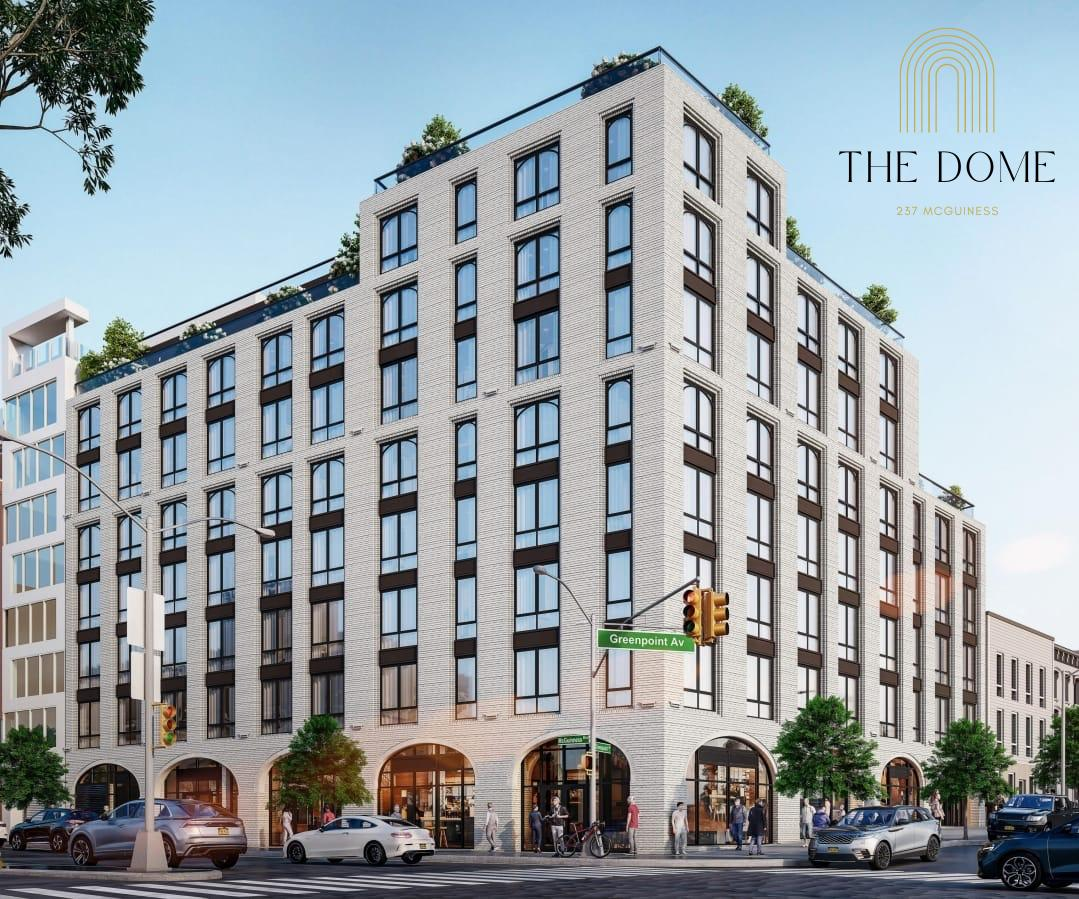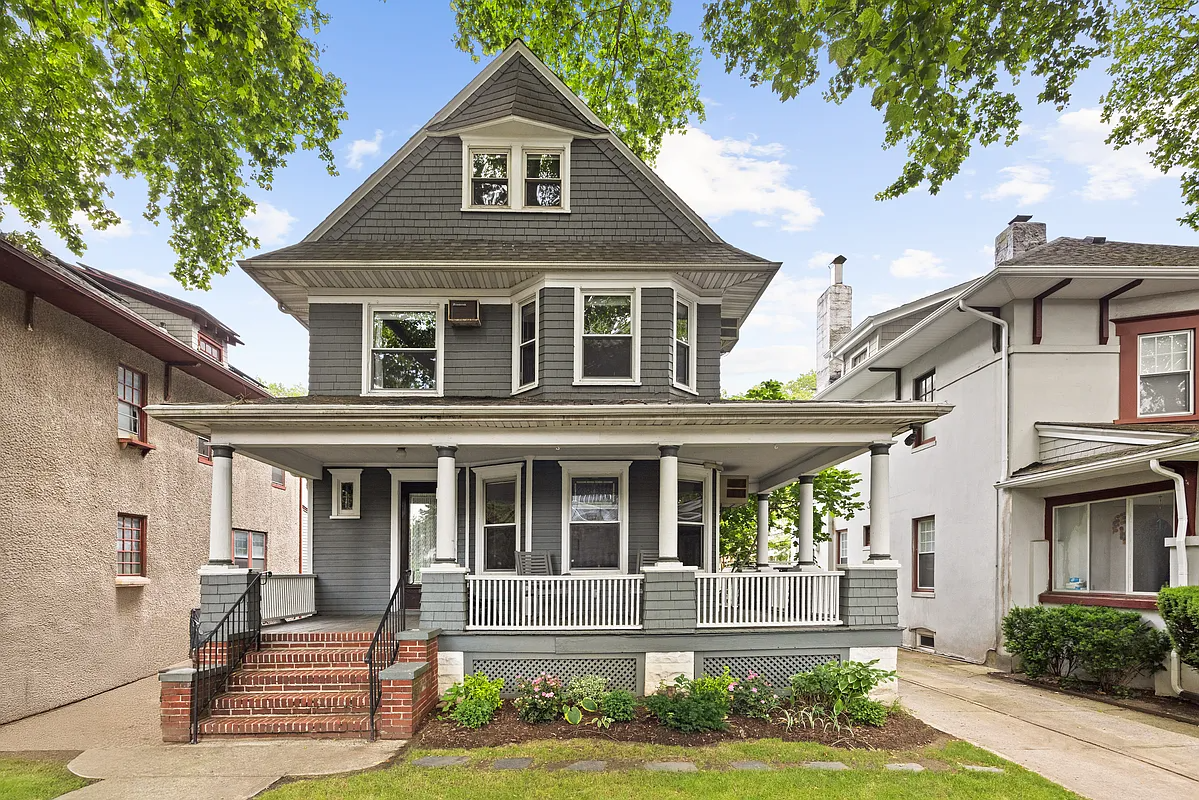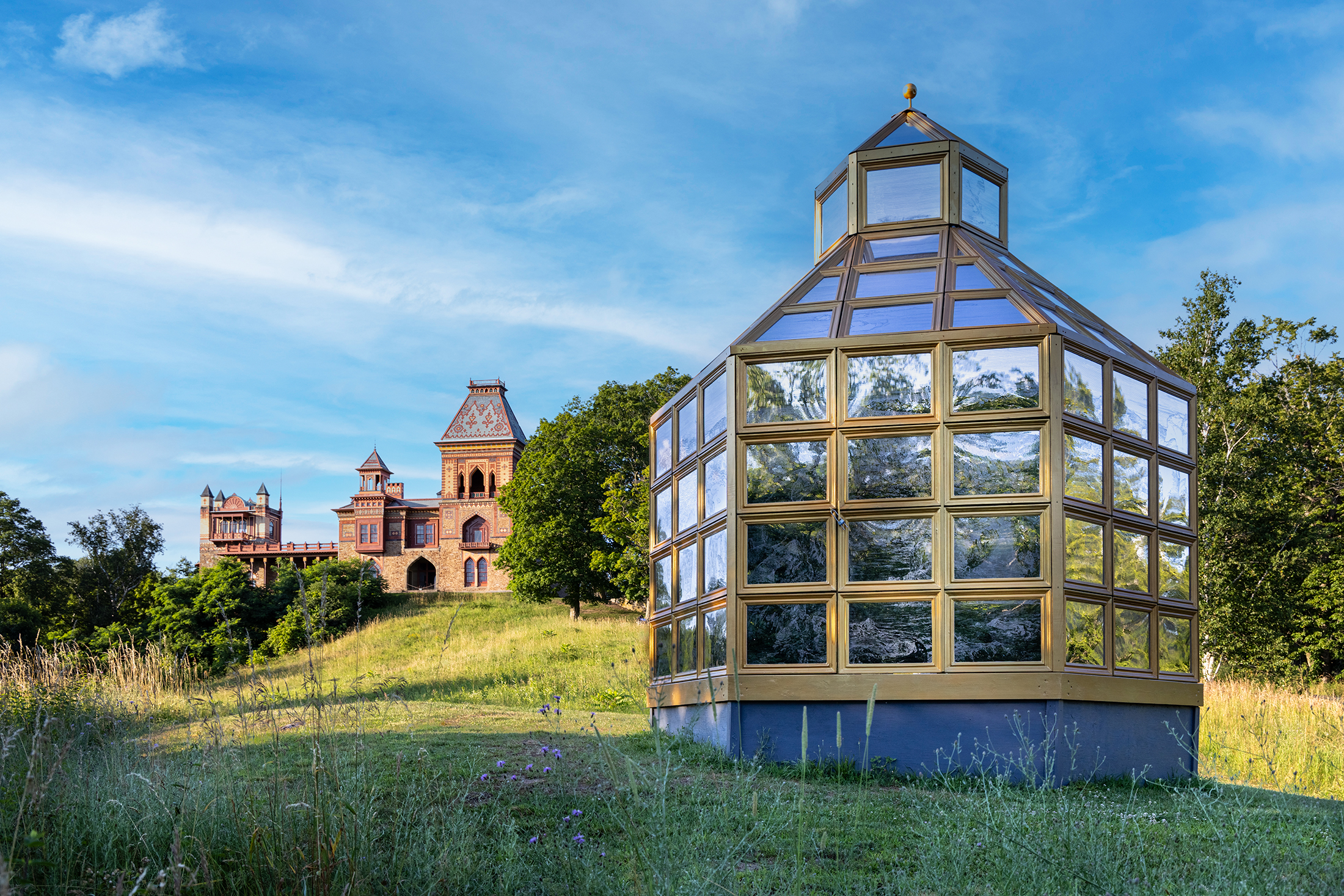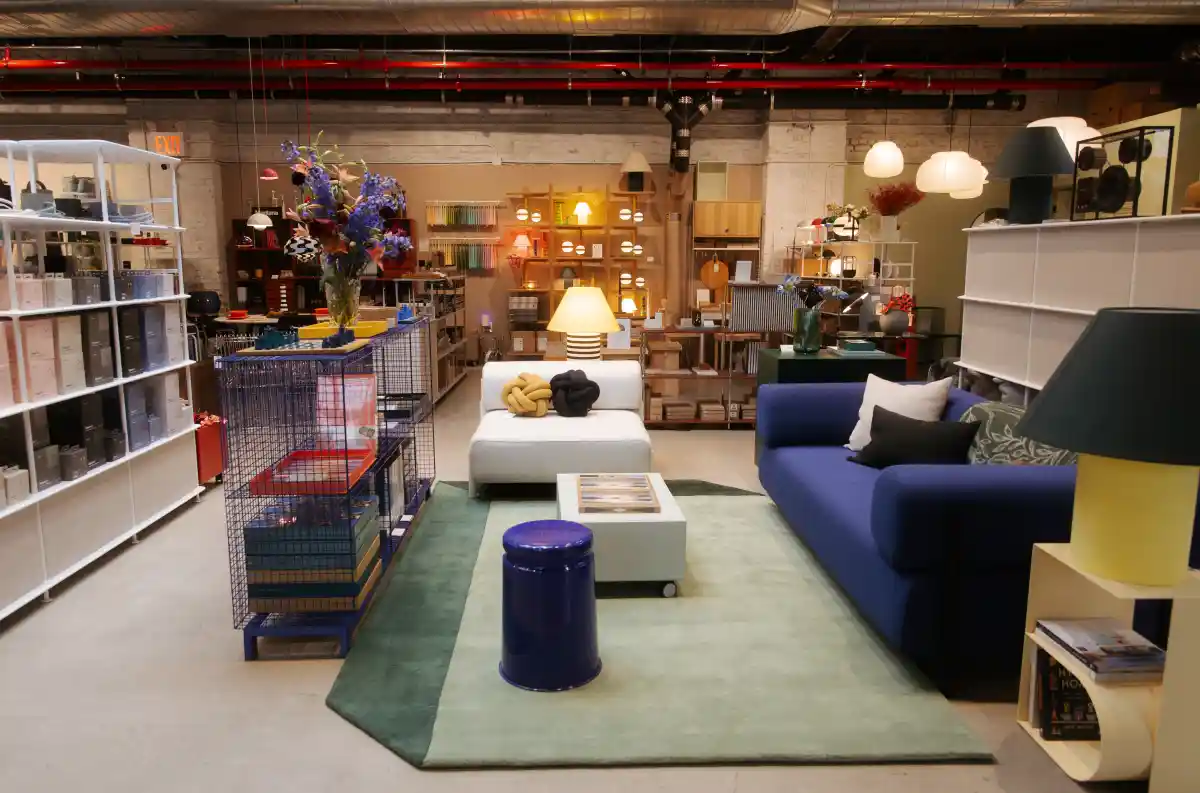U.S. Bubble May Not Play Out Like Japan's
July 12, 2005, Wall Street Journal Online — If, as some analysts claim, the U.S. has a property bubble, does Japan’s “lost decade” of economic misery provide a glimpse of what’s in store? As in the U.S. today, property values in Japan were spurred by low interest rates. What’s more, the Japanese run-up in real…

 July 12, 2005, Wall Street Journal Online — If, as some analysts claim, the U.S. has a property bubble, does Japan’s “lost decade” of economic misery provide a glimpse of what’s in store? As in the U.S. today, property values in Japan were spurred by low interest rates. What’s more, the Japanese run-up in real estate continued a couple of years after the stock market peaked at the end of 1989. In the U.S., house prices are still rising more than five years after the Dow Jones Industrial Average hit its peak in January 2000. But economists say there are significant differences. For a start, Japanese house prices jumped faster and higher. The average price of a 750-square-foot condominium in Tokyo rose to more than 70 million yen, or about $625,000 at current exchange rates, in 1991 from about 25 million yen in the early 1980s. After crashing in the early 1990s, the average house price has hovered around 40 million yen, or about $360,000, for the past 10 years. House-price inflation in major U.S. cities has been more moderate. The Office of Federal Housing Enterprise Oversight’s index of home prices rose 159% in the Los Angeles metropolitan area and 129% in the New York metro area during the 10-year period through March 2005.
July 12, 2005, Wall Street Journal Online — If, as some analysts claim, the U.S. has a property bubble, does Japan’s “lost decade” of economic misery provide a glimpse of what’s in store? As in the U.S. today, property values in Japan were spurred by low interest rates. What’s more, the Japanese run-up in real estate continued a couple of years after the stock market peaked at the end of 1989. In the U.S., house prices are still rising more than five years after the Dow Jones Industrial Average hit its peak in January 2000. But economists say there are significant differences. For a start, Japanese house prices jumped faster and higher. The average price of a 750-square-foot condominium in Tokyo rose to more than 70 million yen, or about $625,000 at current exchange rates, in 1991 from about 25 million yen in the early 1980s. After crashing in the early 1990s, the average house price has hovered around 40 million yen, or about $360,000, for the past 10 years. House-price inflation in major U.S. cities has been more moderate. The Office of Federal Housing Enterprise Oversight’s index of home prices rose 159% in the Los Angeles metropolitan area and 129% in the New York metro area during the 10-year period through March 2005.
Japan’s Bubble Burst May Not Echo in U.S. [Real Estate Journal]





I think all this talk of the supply of buyers running out overlooks the fact that as prices rise in Manhattan, people are driven to Brooklyn. What does the average Manhattan townhouse cost nowadays? I’d say there is little outside of Harlem under $2.5M, with really attractive properties selling for double that and upwards. I think this factor is very significant in driving up the value of Brooklyn real estate. Can Manhattan’s climb go on forever? Almost certainly not. But a recession notwithstanding, families that make a good living are likely to see Brooklyn prices as feasible, if not ‘cheap’ as long as comparable properties in Manhattan cost so much.
There are fewer 30 year olds than 10 years ago, excluding immigration, and more 20 year olds.
1985: 3.8 million births
1975: 3.1 million births
1965: 3.8 million births
1955: 4.1 million births
So it depends if you think that most first-time buyers are 20 year olds or 30 year olds, I guess, though I’m not sure these sort of demographics have much of an effect on local markets.
http://www.census.gov/prod/www/statistical-abstract-04.html
regarding the supply of the $1.1M buyers (or whatever the high number is) it’s important to note that as values rise, those that could previously only afford $800 will soon be able to afford $1.1M due to the equity build up.
So another key place to look is the entry level market. The echo generation is getting into gear on purchasing their first homes. Prices for studios have gone up significantly recently. This puts pressure on the next level up as people who bought studios 3 yrs ago trade up to a 1 BR and the 1BR people trade up to 2BR, etc., etc.
In NYC this is furthered by empty nesters selling in the burbs and buying in the city.
There are too many factors to know conclusively what will happen but this is another element of demand that can’t be overlooked. It would be interesting to understand the number of people out there in their late teens/early twenties now vs. 10 or 15 yrs ago as this group represents the next wave of first time buyers.
there’s no reason, so far as I can tell, that a real estate bubble can’t burst in brooklyn, just as it did in the late 80s. just for illustrative purposes, i know of a 4-story brownstone on 2nd street between 6th and 7th:
1976: $75,000 (!!!)
1988: around $650k (an increase of 9x in 12 years, 765%)
1989/early 90s: unknown
1995: $425,000 (a drop of 34 percent)
1999: around $700,000 (finally recovered the 1988 value)
2005: $2 million (that’s a guess based on recent sales I’ve seen; if right, it’s an increase of 185 percent — nothing like the runup of the 70s and 80s, a lot of which was probably generated by high overall inflation)
2007: ???
If prices drop by the same amount that they did between 1988 and 1995, that would put the house’s value at around $1.3 million.
Anyway, that was a digression, but my point was that values go up and down all the time in NYC, driven by inflation, interest rates, and pure speculation/fear. Just like the stock market, actually. And just as P/E ratios suggested that the stock market was overheating around 2000, the rent/house price ratio does suggest that the real estate market is way overvalued.
I think when/if the bubble bursts, we’ll hear it first in places like Pheonix, Vegas, South Florida. What those places have in common, that is different from Brooklyn is:
– a lot of 2nd home or investor buyers
– lots of land, land, land, so supply keeps going up.
– even higher percentage of “flex” arms and io mortgages.
– lots of flippers (real estate equivilent of “day traders”)
Brooklyn is in fact the opposite of above, so we’ll hear that pop before it affects us.
I agree with the comment, though, that a lot of new buyers are very maxed out.. what happens to those arms in a few years, or if rents dip a little, if you don’t have a cushion, skate careful.
Lots of great discussion here. I am glad I helped to bring out the opinions. A few replies:
1) Yes, I am the Bklyn bubblehead. For many reasons. Once again, priced out but not bitter because I like where I live. No disrespect to the BK, but it’s kind of like meeting a great woman after a tough breakup. As for my continuing to post here, the Brooklyn bubble talk does still interest me (c’mon, I spent several months blogging on it). I still am tied to Brooklyn, as my mother has a nice 3 family brownstone that I am inline to get a piece of in the far future (too bad I can’t make it work in my favor now, though). Last, as I am still in the market to buy in the area, what will happen to home prices in New York is a very relevant topic to me, even more so than for those who are staying in their homes for the long term.
2) All the talk about investments and returns misses the importance of cash flow. For those of you who are making all-cash payments or are making comfortable mortgage payments, this may not be an issue. But most of the people I know are stretching it to the limit when they buy. Even if interest rates stay flat, if prices continue to rise at the rate they are going, more people will not be able to take advantage of rising prices because they will not have the income to support the monthly payments. Sure, if Brooklyn brownstones all of a sudden sold for $2 billion and had an expected 100% annual increase in prices, it looks like a great investment, but could you afford to take advantage of it? I’ve said this before and I will say it again, the continuation of this boom depends mostly on the number of people out there with the cash to make those monthly payments or better. I have yet to see any solid numbers to ID that group, so it becomes a challenge to discuss either side of the argument.
3) Regardless of the price level in this market ($1.1 million was an arbitrary #), the large number of buyers into this market (most of them in it for the long haul I assume) will mean fewer buyers looking for homes, or at least take out those buyers willing to pay more for any given property, since they were the ones who won the bids. Like the properties they buy, most buyers get taken off the market, creating some balance to the buyer-seller ratio.
Terrorist attack… well why buy anything in NYC then. This is getting stupid. And another $1000 a month does not do much to those making over 300K to begin with. I do agree prices can’t keep going up as they have but all the doom and gloom is a bit overdone in my opinion. I think we are all in agreement that long term investors will be fine. Those who have interest only loans or ARMs about to float in the next couple of years have something to worry about. If everyone leaves NYC, then the whole country has something to worry about.
Why wouldn’t people be able to rent out their brownstone rentals? Who knows – another terrorist attack that sends people scrambling away from NYC? A horrible riot in the area where you bought the brownstone? You can never know – it’s the beauty and the danger of being a New Yorker.
And one of the big reasons that there are so many people who can afford the million dollar places is because interest rates are so low (there are only so many truly wealthy folk out there – even brokers can have a bad year). Add a couple of percentage points onto an 800G, 5.75% mortgage and you’re looking at over $1000 a month extra onto that mortgage payment. Considering that a lot of people are admittedly stretching to afford these places now, what about when the mortgage is $1000 higher?
Why would people not be able to rent out their brownstone apartments if there is a drop in brownstone prices?
It all really comes down to how long you want to be in your house and how you financed it. If you have an ARM that will float in the near future (next couple of years) probably better to refi no to a fixed rate that you can afford (or at least a 7/1 or 10/1 ARM). There are so many factors, though, that go into any such analysis that it is hard to generalize for everyone. I think, however, that to say there is a small number of people who can afford a $1million dollar brownstone is not true. There is a significant minority of people in NY with assets and salaries that enable such purchases – unbelievable as that may seem considering how many people just scrape by.